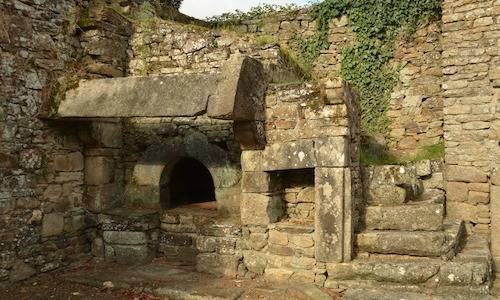
Dorian Fuller, Professor of Archaeobotany at UCL's Institute of Archaeology, and UCL Food, Metabolism and Society research domain member, has been involved in a major research project uncovering the oldest evidence of bread ever, in northeastern Jordan.
A landmark study, entitled 'Archaeobotanical evidence reveals the origins of bread 14,400 years ago in northeastern Jordan' was recently published in the Proceedings of the National Academy of Sciences of the United States of America (PNAS). Professor Fuller was part of a team of five researchers who published the paper.
The study has been widely covered in the media:
Abstract
The origins of bread have long been associated with the emergence of agriculture and cereal domestication during the Neolithic in southwest Asia. In this study we analyze a total of 24 charred food remains from Shubayqa 1, a Natufian hunter-gatherer site located in northeastern Jordan and dated to 14.6-11.6 ka cal BP. Our finds provide empirical data to demonstrate that the preparation and consumption of bread-like products predated the emergence of agriculture by at least 4,000 years. The interdisciplinary analyses indicate the use of some of the "founder crops" of southwest Asian agriculture (e.g., Triticum boeoticum, wild einkorn) and root foods (e.g., Bolboschoenus glaucus, club-rush tubers) to produce flat bread-like products. The available archaeobotanical evidence for the Natufian period indicates that cereal exploitation was not common during this time, and it is most likely that cereal-based meals like bread become staples only when agriculture was firmly established.
 Close
Close

